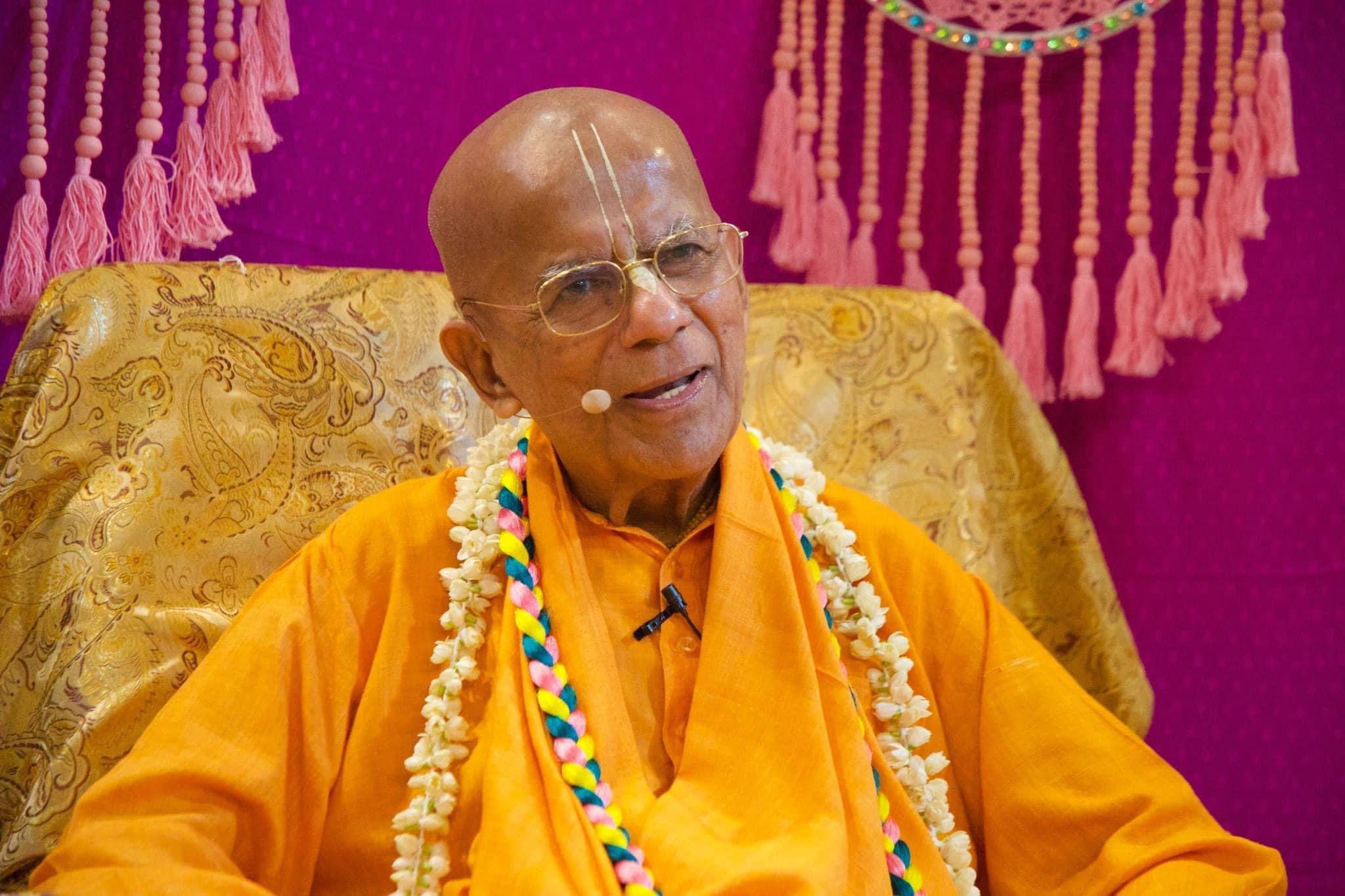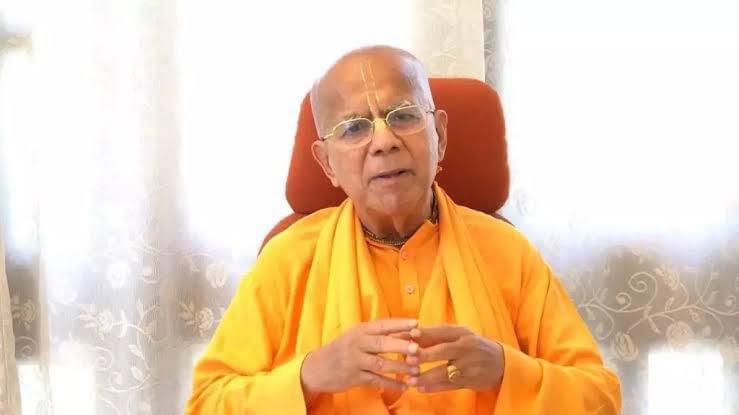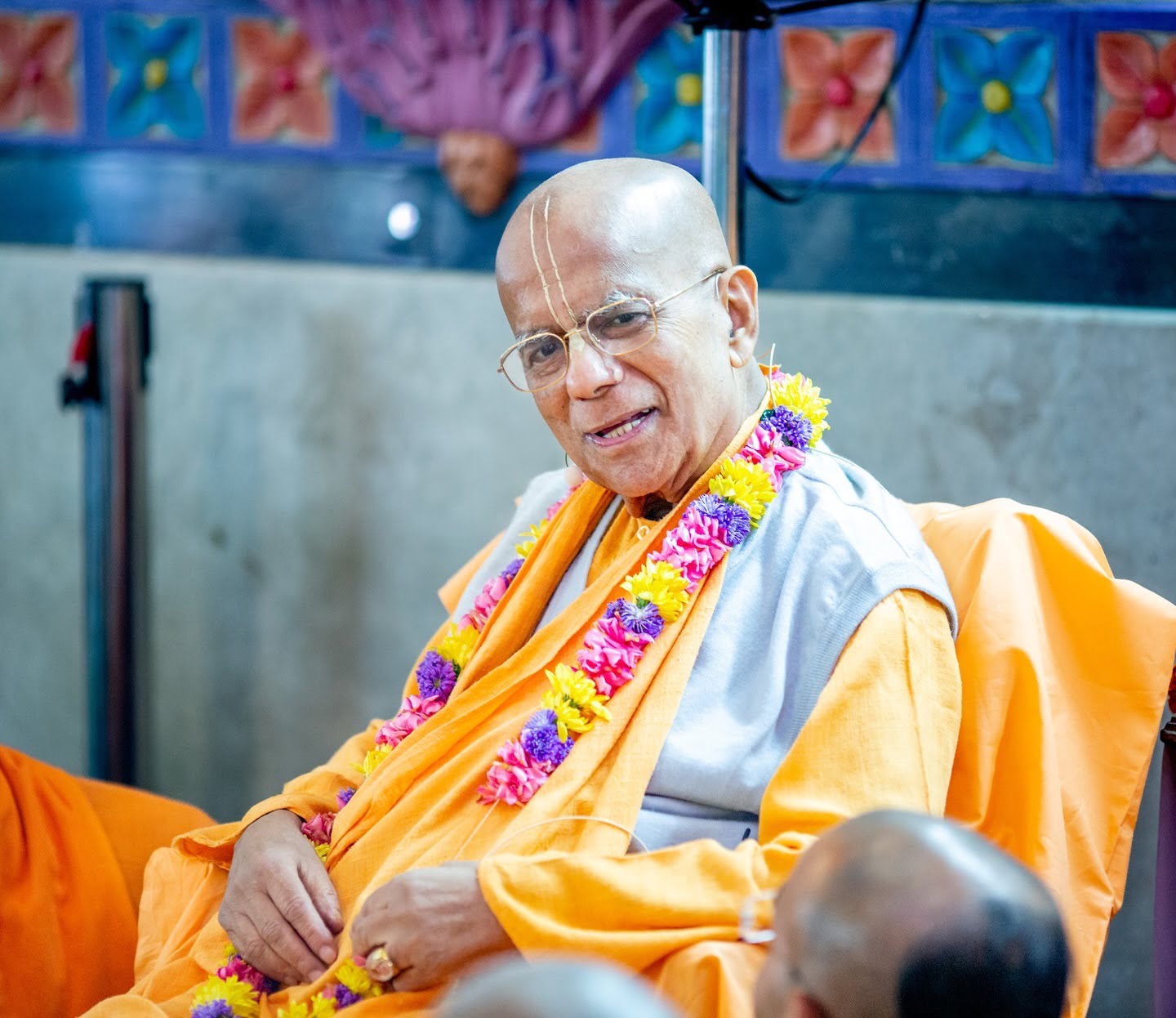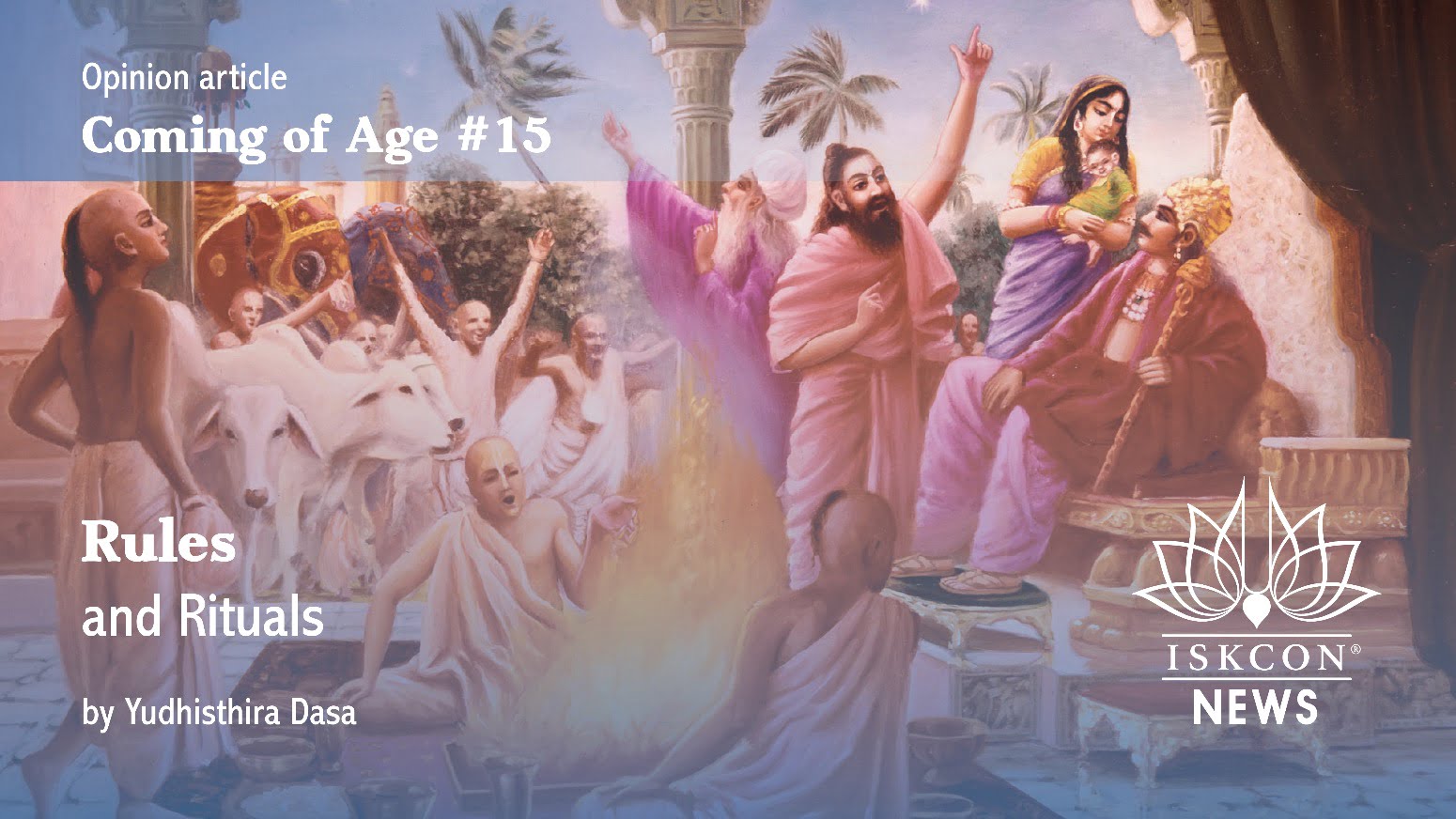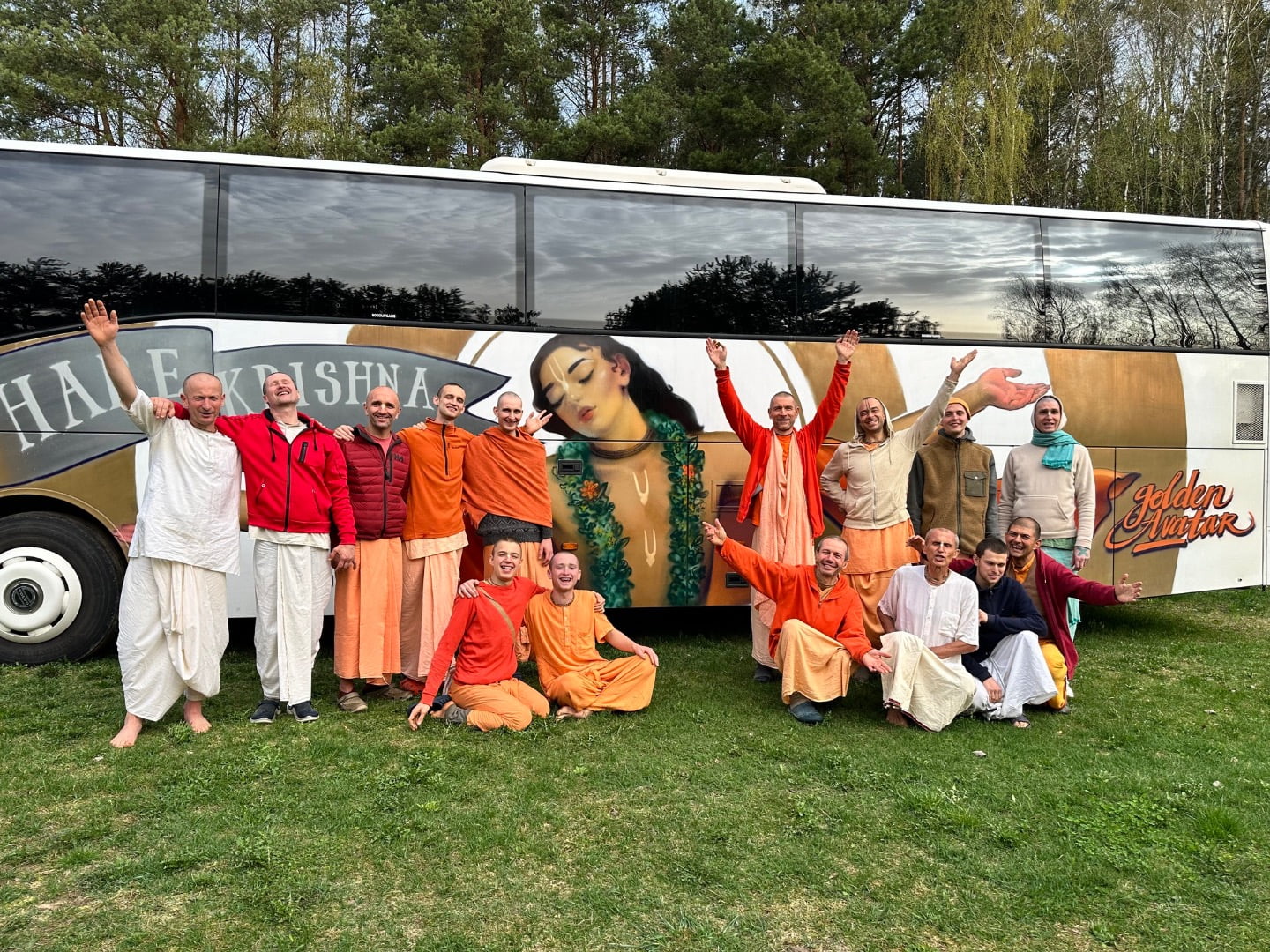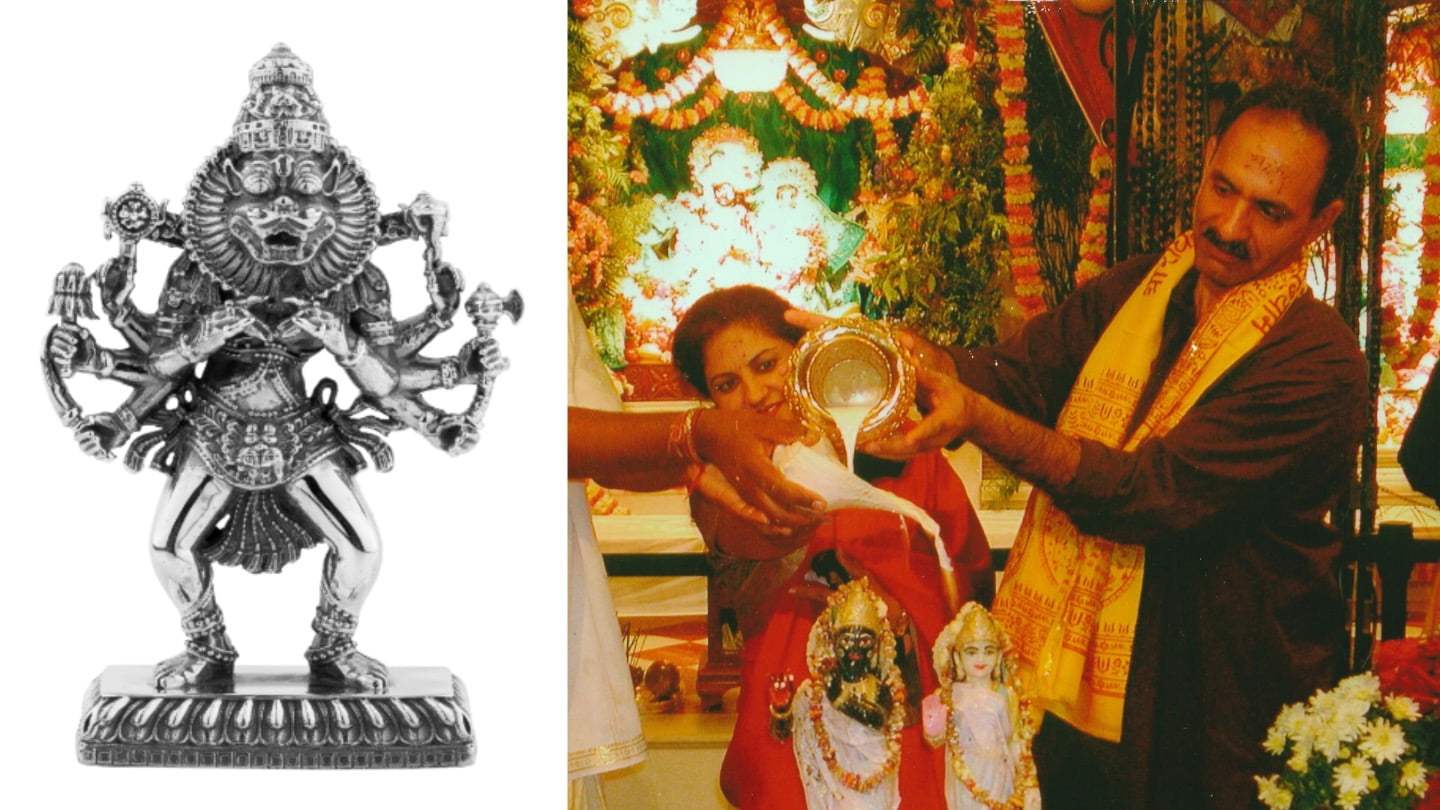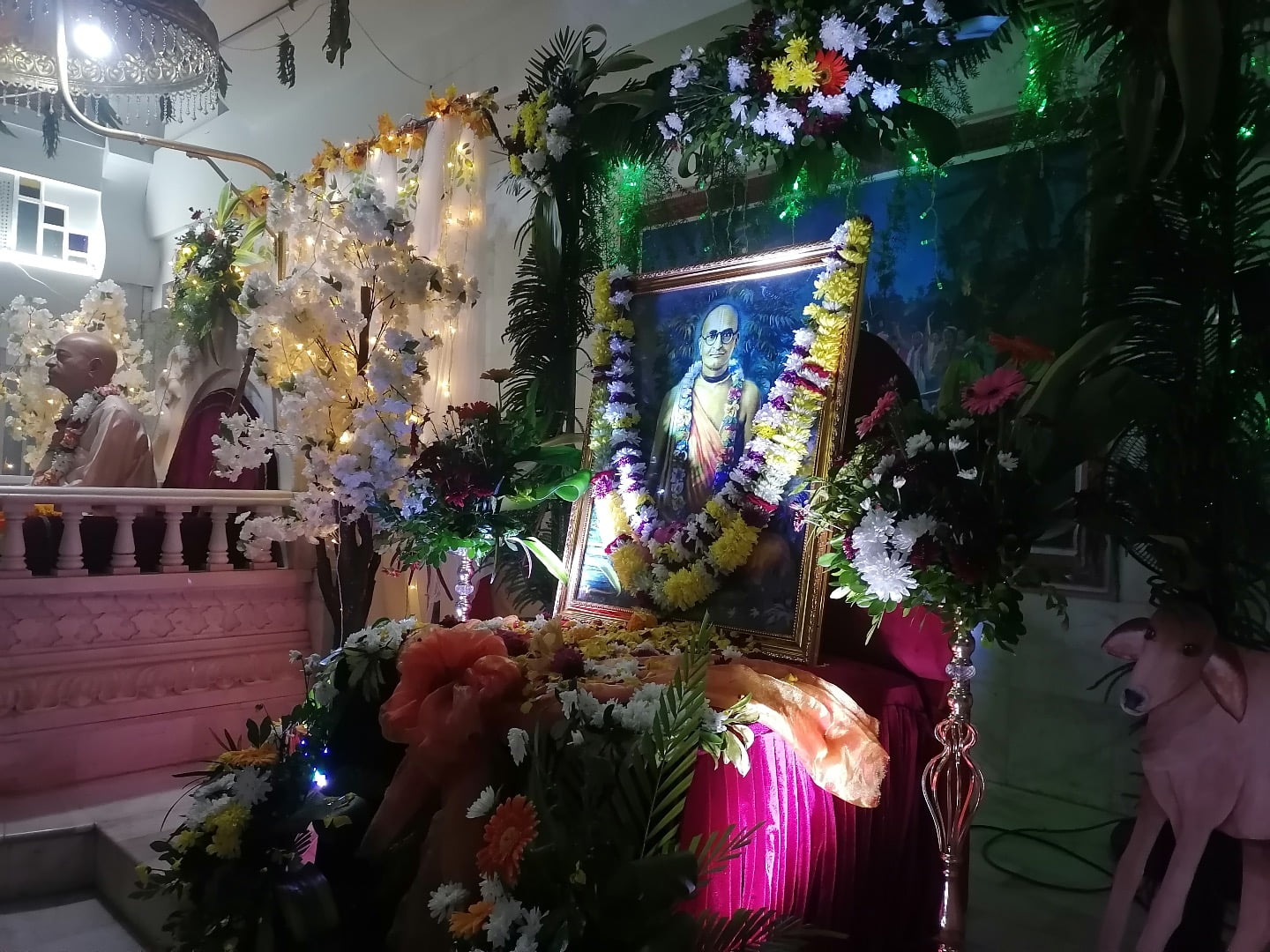Evolutionary Theory & the Incarnations of Vishnu
By Steven J. Rosen (Satyaraja Dasa) | Apr 22, 2014

Who would imagine that there could be any connection between modernevolutionary theory—which is in the domain of science—and something as esoteric as the incarnations of Vishnu—which is a central theme in the Hindu religion?
And yet science and spirituality do overlap in numerous ways, and great sages of the latter-day Vaishnava tradition have shown how the manifestations of God, so well known in India, do indeed shine light on what modern science has come to call evolutionary theory.
Although there are unlimited manifestations of the divine, the ancient Vaishnava tradition of India singles out ten as representative of the rest. These ten are known in Sanskrit as “Dashavatara.” The prefix dasha means “ten,” and avatara means “descent,” from the Sanskrit ava (“down”) and tarati (“[he] crosses over”).
Jayadeva Goswami’s 12th-century list of ten is arguably the most popular, but there are several Dashavatara lists in the Vaishnava tradition. Significant are those left to us by Vedanta Deshika (14th century) and Vadiraja Tirtha (16th century). There are few variants in these lists, and the last of these three is sometimes considered the standard: Matsya, Kurma, Varaha, Narasimha, Vamana, Parasurama, Dasarathi Rama, Krishna, Buddha, and Kalki.
Evolutionary Theory
A surprising and much documented aspect of the Dashavatara story is its connection with evolutionary theory. For those who don’t know, biological evolution is the slow process of change that is said to occur in living organisms, adapting to new environments over billions of years. Evolutionists claim that we all arise from a single common ancestor, and like the branches of a tree, species separate from each other over time—even if growing from the same tree.
Interestingly, Charles Darwin (1809–1882), the first major proponent of this theory, was foreshadowed by the Puranas of ancient India, which had already proffered a teaching of evolution. But rather than claiming that one species evolves into the next, the Puranas tell us that all species were created simultaneously, and that each eternal living being evolves through the various species until it reaches perfection. In other words, the original theory involved an evolution in consciousness.
Explaining this Puranic point of view, His Divine Grace A. C. Bhaktivedanta Swami Prabhupada (1896–1977) writes as follows:
It is confirmed in Padma Purana that the species of life evolved from aquatics to plants, vegetables, trees; thereafter insects, reptiles, flies, birds, then beasts, and then human kind. This is the gradual process of evolution of species of life. . . . But we do not accept Darwin’s theory. According to Darwin’s theory, homo sapiens came later on, but we see that the most intelligent personality, Brahma, is born first. So according to Vedic knowledge, Darwin or similar mental speculators are rejected so far as the facts are concerned.[1]
Prabhupada’s point is augmented by his disciple Richard L. Thompson (Sadaputa Dasa, 1947–2008), who received a PhD in mathematics from Cornell University:
The Padma Purana provides an example of the idea of evolving consciousness. This traditional text posits a gradual evolution of souls by transmigration through 8,400,000 different forms of life. This process is generally progressive, although reversals are admitted. Remarkably, the evolutionary succession is given as aquatics, plants, insects and reptiles, birds, beasts, and human beings…this parallels the paleontological succession of marine life, terrestrial plants, insects and amphibians, reptiles, birds, advanced mammals, and finally humans. The parallelism is so close that the modern Vaishnava teacher Bhakivedanta Swami Prabhupada saw the Padma Purana as anticipating Darwin’s theory of evolution.[2]





